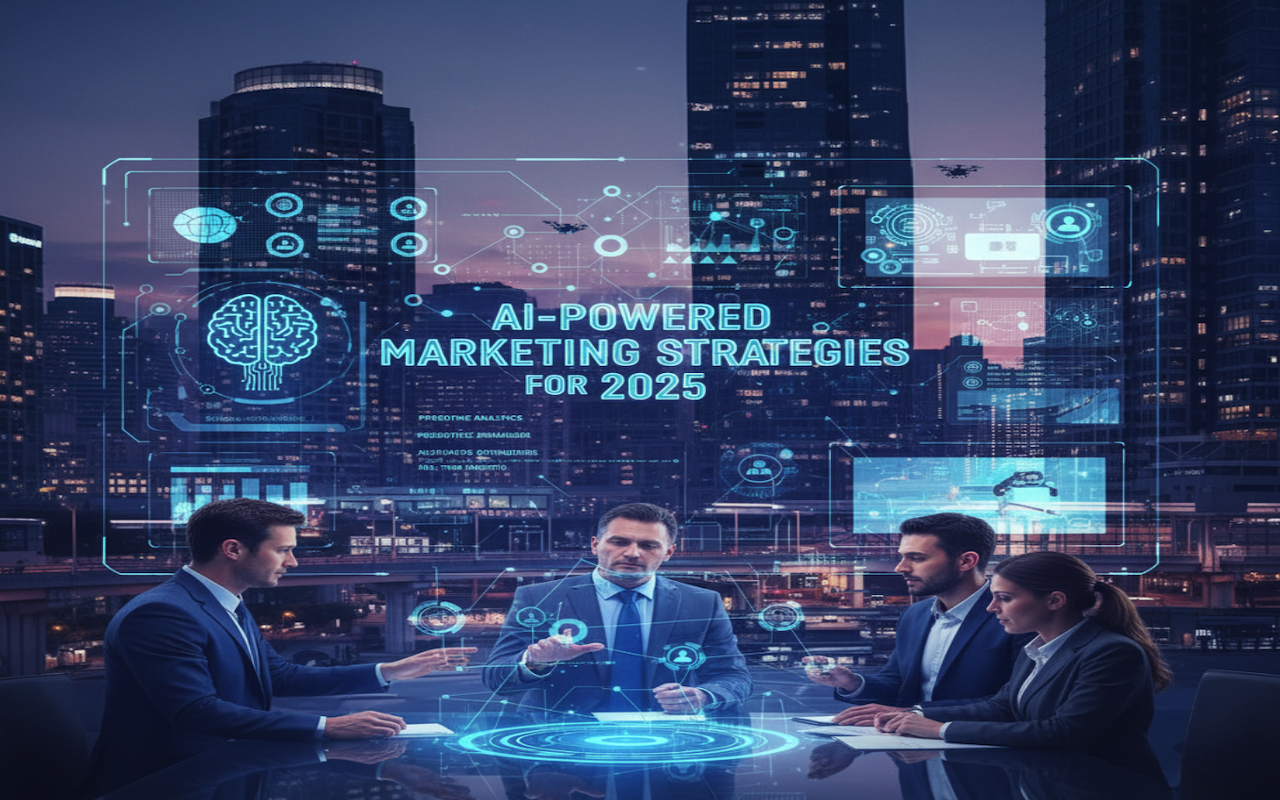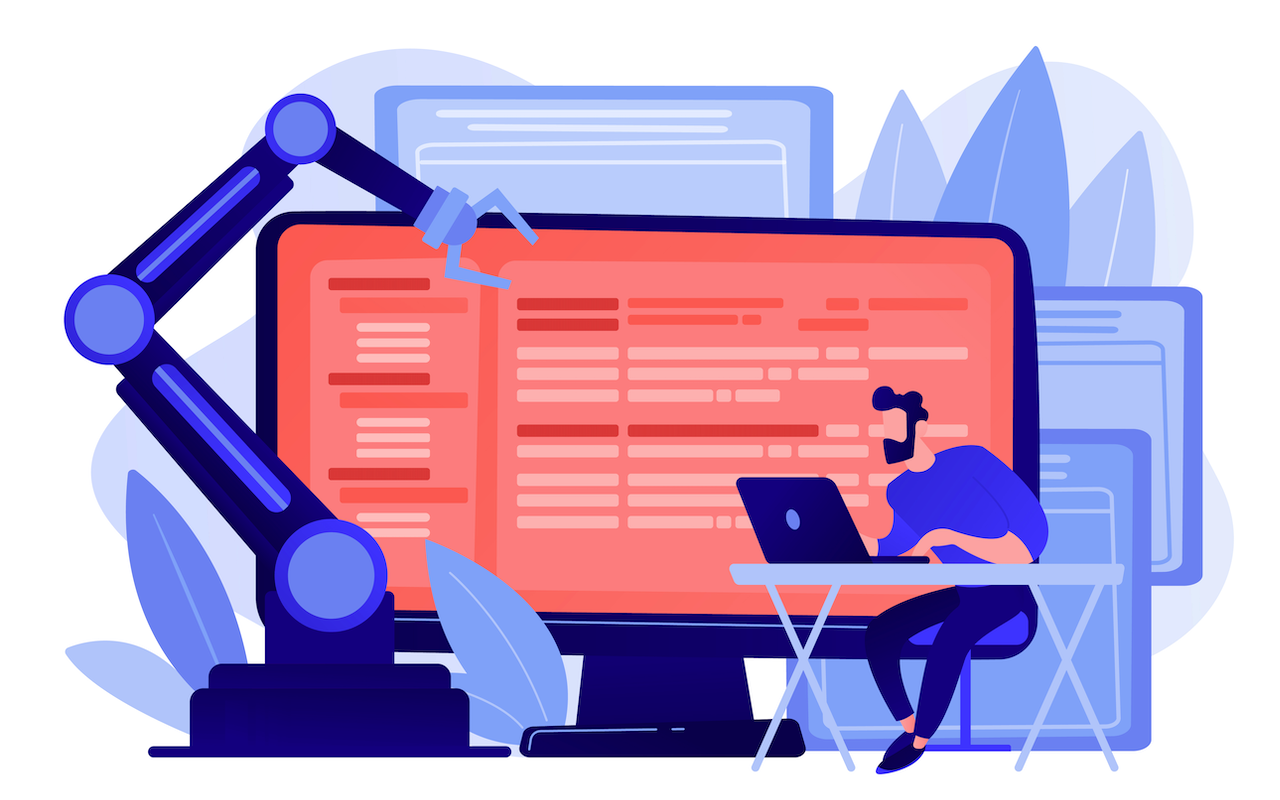
Artificial intelligence has evolved into the backbone of contemporary marketing—and by 2025, it is no longer a distant concept but a fundamental engine behind business growth. Companies that successfully apply AI are finding it easier to make faster decisions, target audiences more precisely, and improve customer retention. With rising competition and rapidly developing digital platforms, marketers need to understand how AI reshapes every area of customer interaction. In 2025, AI-driven marketing is defined not by simple automation but by intelligence, personalization, and predictability. This article explores the most powerful AI-based methods shaping marketing in 2025 and explains how brands can use them to drive long-term growth.
The Emerging Predictive Customer Insights
By 2025, predictive analytics have reached new levels of sophistication. Artificial intelligence is no longer using past behavior merely to estimate what customers might do; it predicts outcomes with striking accuracy. Marketers rely on predictive models to identify customers who are likely to make a purchase, those at risk of churn, and which products or messages are most likely to resonate.
These insights allow brands to take proactive rather than reactive action.
For example, an e-commerce brand can determine exactly when a customer is close to purchasing and trigger a targeted message at the perfect moment. Subscription services can detect inactive users and deliver incentives to bring them back. Predictive intelligence turns marketing into a science rather than guesswork, allowing companies to act on data-driven insights rather than intuition.
Customer Experiences In A Hyper-Personalized way
By 2025, personalization goes far beyond inserting a customer’s name into an email or showing recommended products. AI now enables hyper-personalization across the entire customer journey. Modern AI systems analyze browsing behavior, purchase history, social interactions, and real-time behavioral signals to create unique experiences for each user.
Websites dynamically adjust their content depending on who is visiting. Marketing emails are generated based on predicted user intent rather than static templates. Ads adapt to a user’s emotional state, context, and recent interactions. Hyper-personalization has become one of the strongest drivers of conversion in 2025 because customers respond more positively to experiences that feel uniquely tailored to their needs.
Artificial Intelligence Content On All Funnel Levels
AI-driven content creation has seen a major breakthrough. AI tools are no longer just writing assistants. They now produce full blog posts, landing pages, social media content, and even video scripts. Thanks to advanced multimodal models, AI-generated content reflects tone, audience intent, and brand voice with far greater accuracy.
This shift allows businesses to produce high-volume, high-quality content without losing consistency. Marketing teams often rely on AI to create first drafts, which human editors later refine for depth and originality. Social media managers use AI-generated insights to craft posts aligned with trending topics. Video creators leverage AI for idea generation, descriptions, and scripts targeted to specific audiences. The speed of AI combined with human creativity produces powerful marketing results.
High-Tech Chatbots and AI Assistants as Sales Partners
AI-powered chatbots and virtual assistants have matured into intelligent sales and support partners. By 2025, these systems understand natural language almost at human levels and can guide customers through the entire buying journey. AI agents reduce wait times, answer detailed product questions, and provide personalized recommendations.
These assistants also play a major role in lead generation. AI can score leads in real time, detect when a user is close to converting, and deliver timely incentives. Integrated with CRM systems, AI-driven chatbots offer continuous customer interaction and track conversations across platforms. As customer expectations rise, intelligent AI interactions have become a competitive necessity.
Artificial Intelligence-Based Advertisement Optimization
One of the most transformative impacts of AI is in digital advertising. Marketers no longer need to adjust budgets manually, manage testing cycles, or fine-tune audience segments. AI algorithms now handle these tasks with remarkable precision.
In 2025, AI-enhanced ad platforms automatically determine the best-performing creatives, the most effective budget distribution, and the optimal time to refresh content. These platforms predict which audience segments are most likely to convert, enabling marketers to invest their budgets more efficiently. The result: higher ROAS, reduced waste, and more impactful customer engagement.
Conversational Marketing and Voice Search
As smart devices continue to grow in usage, voice search remains a powerful force in digital marketing. Consumers are interacting with brands through voice assistants on smartphones, smart speakers, cars, and wearable devices. This shift requires marketers to optimize content for conversational, natural language queries.
AI helps brands understand how customers phrase questions and adjust content accordingly. Businesses create conversational landing pages, question-based FAQs, and voice-optimized ads that match the way people speak. Using voice-based AI insights, companies can improve their visibility in voice search results and provide more intuitive user experiences.
Ethical Artificial Intelligence and Data Transparency as Competitive Advantages
As AI becomes more integrated into marketing, consumers are demanding transparency and responsible data use. Ethical AI isn’t just a regulatory requirement in 2025—it’s a competitive differentiator. Customers want to understand how their data is used, how AI-driven recommendations are generated, and what protections are in place.
Companies are adopting transparency practices and implementing ethical frameworks for their AI systems. Trust becomes a powerful marketing asset, and brands that demonstrate responsible AI practices gain stronger customer loyalty and improved reputations.
Conclusion
As a defining trend of 2025, AI-powered marketing strategies are making customer experiences smarter, more predictive, and more personalized. Companies embracing AI are not only streamlining operations but also building closer and more meaningful relationships with customers. From hyper-personalization to predictive analytics and intelligent chatbots, AI empowers marketers to understand, engage, and support their audiences in ways never before possible.
Share this post
Leave a comment
All comments are moderated. Spammy and bot submitted comments are deleted. Please submit the comments that are helpful to others, and we'll approve your comments. A comment that includes outbound link will only be approved if the content is relevant to the topic, and has some value to our readers.




Comments (0)
No comment